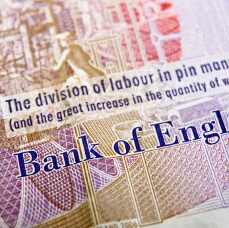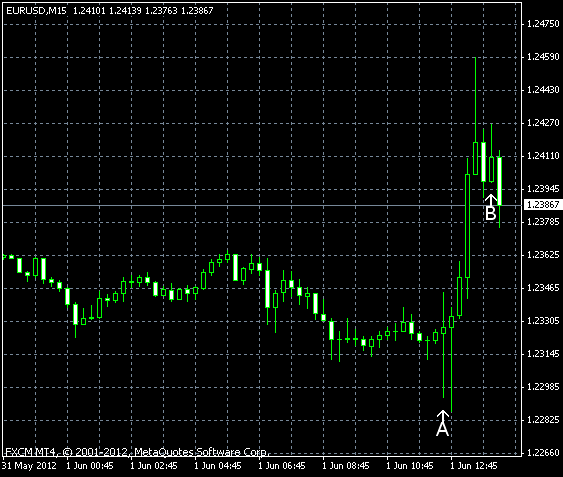- December 21, 2020 Do we get tax benefits on Personal Loan?
- December 18, 2020 The solicitors Preston depends on for stress-free compensation claims
- December 16, 2020 eToro: History and Key Features
- December 11, 2020 Canadian Dollar Pauses 2020 Rally Against US Peer Amid Falling Crude Prices
- December 11, 2020 Pound Crashes Against Dollar As No-Deal Brexit Appears Imminent
- December 11, 2020 USD/JPY 104.57 High Starting a New Bearish Leg?
Day: June 1, 2012
 June 1
June 12012
Yen Climbs on Worse-Than-Expected US Macroeconomic Data
The Japanese yen climbed against most other major currencies after US macroeconomic report left Forex market participants disappointed and made them seek a safe haven. US employment data was disastrous, signaling that growth of employment in the United States is stalling. Non-farm payrolls grew by just 69,000, more than two times below the average estimate of 151,000. The unemployment rate unexpectedly ticked up by 0.1 percentage […]
Read more June 1
June 12012
UK Pound Falls on Disappointing Manufacturing Data
UK pound is struggling today, dropping as disappointing manufacturing data reduces confidence in the currency. Sterling would have struggled anyway, thanks to the general risk aversion today, but the news specifically out of the United Kingdom is adding its own layer of difficulty; indeed, even the euro is gaining against the pound. The latest data show that manufacturing performance in the United Kingdom contracted a great deal in May. April’s PMI […]
Read more June 1
June 12012
NZ Dollar Declines as China PMI Falls Below Expectations, Rebounds
The New Zealand dollar fell to the lowest level this year against its US counterpart and the Japanese yen today after a report showed that China’s manufacturing sector slowed more than was anticipated by analysts. At present, the currency managed to rebound. China Federation of Logistics and Purchasing reported that Purchasing Managers’ Index dropped from 53.3 in April to 50.4 in May. The median estimate of economists was 52.1. China is the second-biggest […]
Read more June 1
June 12012
Spain’s Banking Sector Weighs on Euro
Spain’s banking sector is driving the euro lower as Forex traders worry about the pressure being put on the 17-nation currency. Spaniards are sending money abroad, creating a bank run, and that is only making things worse for the financial sector. It’s not helping that there are still uncertainties over Greece, and in The Netherlands an anti-euro party is campaigning hard ahead of fall elections. The entire eurozone is in disarray, […]
Read more June 1
June 12012
EUR/USD Bounces from 22-Month Low
EUR/USD advanced today after reaching the lowest level since July 2010. There are speculations that the European Central Bank may purchase bonds to rein rising borrowing costs. Additionally, macroeconomic data from the USA was unexpectedly bad. Nonfarm payrolls showed that employment growth stalled, supporting case for a new round of quantitative easing from the Federal Reserve. Employment data from the United States was simply […]
Read more June 1
June 12012
Australian Dollar Reaches Six-Month Low
The Australian dollar fell today, following yesterday’s drop to the six-month low against the US dollar and the Japanese yen, as signs of slowing economic growth in the United States added to worries caused by the European crisis. US gross domestic product rose 1.9 percent in the first quarter of 2012, according to the preliminary estimate, following the 3.0 percent advance in the fourth quarter of 2011. Signs of slowdown in the USA hurt traders’ mood that was already downbeat […]
Read more